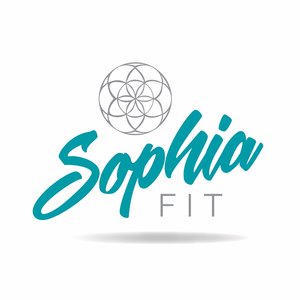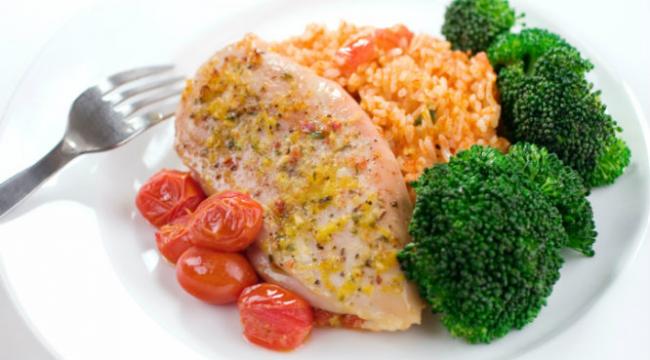You might not believe it now but being short on sleep can really affect your weight! Yes I know we all live such busy lives and sometime you need to make sacrifices to complete all your jobs but this is something that should become a priority!!
Do you find yourself reaching for a large latte or two to get you through the day?! Or have you been tempted to skip a workout because you're too tired and get take away for dinner? Well this can not only explain the reason why are you are struggling to lose weight but may cause you to be less motivated to get moving!
Ensuring you get enough shut-eye is as important to your health, well-being and your weight as are diet and exercise! Achieving less than seven hours of sleep per night can reduce and undo some of benefits from weight loss. As when you have a “sleepy” brain it ultimately sets your brain up to make poor decisions, therefore dulling the activity into the brain's frontal lobe that is in charge of decision-making and impulse control! (TIP: Don’t do your weekly grocery shopping on little sleep!!)
Other than the effect on your brain function, insufficient sleep can affect your levels of insulin. Insulin regulates the metabolism of carbohydrates, fats and protein by promoting the absorption of, especially, glucose from the blood into fat, liver and skeletal muscle cells. So when insulin is functional well, the fat cells remove fatty acids and lipids from your bloodstream and prevent storage. BUT if you consistently don’t allow yourself enough sleep you will become more insulin resistant eventually leading to excess insulin which ends up as stored fat in all the wrong places!!
Enough of the fact and onto some tips to help you ensure you get at least 7 hours of sleep!
- Shutdown your computer, mobile, and TV at least an hour before you head to bed
- Keep your bedroom for only sleep and sex! Think relaxation and release, rather than work or entertainment. So try and avoid having a desk or computer in your room, save that for the office or kitchen bench!
- Create a bedtime ritual. Instead, take a warm bath, meditate, or read.
- Stick to a schedule, waking up and winding down out at the same times every day, even on weekends.
- Watch what and when you eat. Avoid eating heavy meals and alcohol close to bedtime. And steer clear of soda, tea, coffee, and chocolate after 2 p.m. (Keep in mind this is different for everyone!)
- Ensure your room is dark as darkness cues your body to release the natural sleep hormone melatonin, while light suppresses it!
These tips are pretty basic but trust me they you will see the results!














